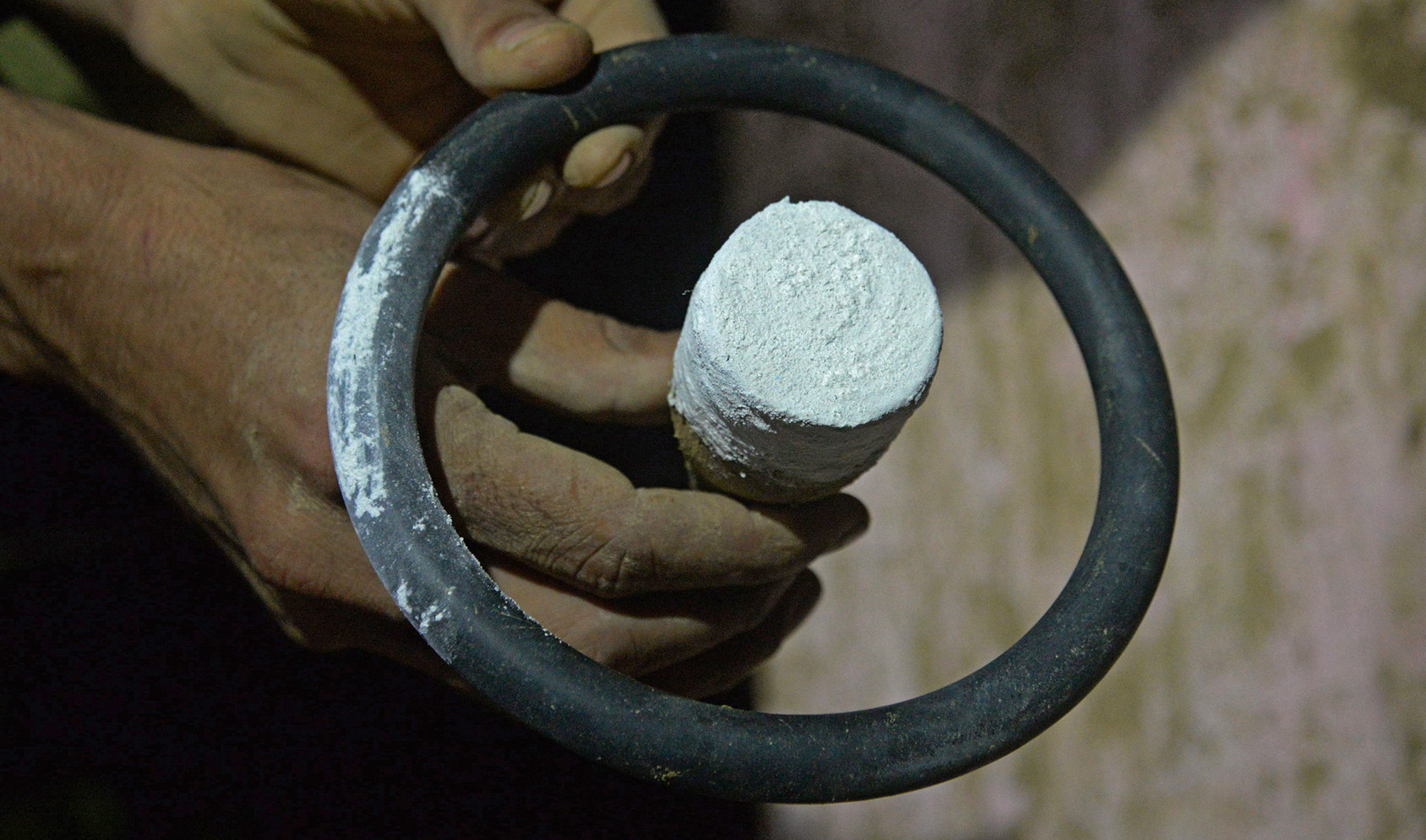KARACHI: People watch with bated breath as Imran Yousafzai releases the arrow from his bowstring, and sends it zooming toward the target. The anxiety of the crowd is palpable, though it dissipates in a few moments when his fans break into thunderous applause.
The centuries’ old Pashtun archery sport, “mokha” is a unique recreational activity for Yousafzai tribes, who also brought it to Karachi where its tournaments are regularly arranged during the Muslim fasting month of Ramadan.
“This is a centuries-old sport,” Yousafzai told Arab News on Tuesday while taking a pause from his semifinal match. “We have heard from our elders it reached the Yousafzai clan from present-day Saudi Arabia and is now played in Swabi, Mardan, Battagram and Buner districts of Khyber Pakhtunkhwa province.”
The Pashtun community mostly arranges mokha tournaments between the months of January and April. Most of these contests accommodate about 46 teams of 10 archers, though they are also allowed two substitutes in case of injuries. A bowman can take two turns and is required to hit a white wooden target called “takai” which is fixed to a mound of fresh clay about 32 feet away.

This picture taken during a Ramadan mokha tournament in Karachi on May 5, 2021, shows a white wooden target, called "takai," that is fixed to a mound of fresh clay some 32 feet away from the marksman. (AN Photo/SA Babar)
“The Ramadan tournaments are different,” Yousafzai explained. “They are known as Super Six since each team brings six best players and only get one substitute. This is our cultural game, and we are striving to promote it like cricket, football and hockey.”
Mokha enthusiasts take pride in the Arabian origins of the sport, though they recognize that making indigenous modifications to it has turned it into a recognizable Pashtun sport.
“People belonging to the first Muslim community in Arabia also enjoyed archery,” Gul Bampukhwal, a former bowman who now organizes these contests and acts as a commentator told Arab News.
“Local Pashtuns also added background music to the sport, though we do not play songs during our Ramadan tournaments.”
Archery is one of the Olympic games in which Saudi Arabia participates today.

An archer releases the bowstring during a Ramadan mokha tournament in Karachi on May 5, 2021. (AN Photo/SA Babar)
The mokha contest in Karachi is similar to those played in the native towns of its participants in Pakistan’s northwestern Pashtun territories, though the quality and material of required tools are not the same.
“The bow we use in our village is called ‘darvishi lenda’ [darvishi bow] or ‘sra lenda’ [red bow],” Yousafzai said. “In Karachi, these bows are not used due to different weather conditions.”
He added that archers in Karachi made their own customized bows which were relatively inexpensive and made use of rubber and wood.
“Every player makes it according to his own need,” he continued. “The arrow is made of bamboo and a ‘tubray’ [metal plate] is attached to its end.”
Salman Khan, another participant of the sport, said archers were not only trying to revive their cultural game but also took a lot of pride in their performance.
“A successful shot demonstrates focus, precision and power which becomes a significant source of pride for us,” Khan said after hitting his target.
“We are utilizing a warfare tool for a healthy recreational activity.”


















